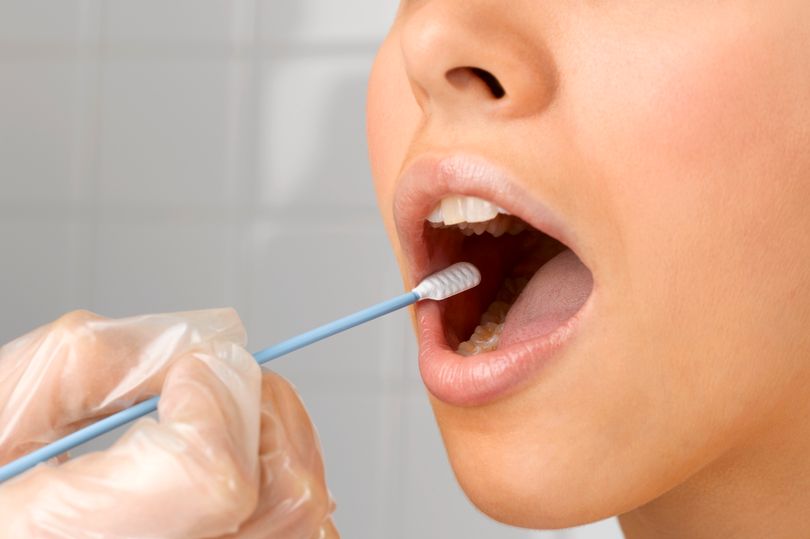The Government’s approach to testing has been haphazard at best and chaotic at worst.
The lack of a well-coordinated nationwide strategy means the gathering of data that could lead us out of lockdown may be reported piecemeal and be insufficient for making decisions.
Home testing could be crucial for any attempt at relaxing restrictions. It seems the Department of Health and Social Care for England are listening for once, says Ingrid Torjesen in the BMJ.
The first part of the REACT programme tests for Covid infection with self-sampling kits for nose and throat swabs sent to 100,000 randomly selected people from across the country.
This will give an idea how many people were infected at that time and will include mild cases and people without symptoms who weren’t picked up by current testing.
Imperial College London is leading the second part of the programme, which tests accuracy and acceptance of antibody finger prick tests.
The results will give the levels of past infection and point the way to nationwide self-testing.
Volunteers who’ve recovered from Covid-19 will verify the accuracy of the antibody test. To ensure instructions for the test are easy to follow, up to 10,000 members of the public will have a go.
In the last stage, 5,000 key workers will self-test and their results will be compared to those done by a health professional.
If antibody self-testing turns out to be accurate, acceptable and usable, it will be rolled out to 100,000 people later in the year.
Ara Darzi, director of the Institute of Global Health Innovation and the sponsor of the programme at Imperial, said: “Short of a vaccine, testing is the only way out of lockdown.
“But the testing landscape is like the Wild West with no rules, no standards and widely varying reliability. Even the most accurate test is useless unless it is usable.”
In addition, a research programme by the Department of Health and Social Care for England will ascertain the prevalence of Covid-19 across the nation and determine the proportion of the population infected.
By then we should have accumulated enough data for leaving lockdown for good.
Peter English, chair of the BMA’s public health medicine committee, has said: “We need an approach to testing that will help us identify where the disease is, to help us manage any emergence from lockdown.
“This means we need a strategic, systematic, rather than random approach to testing.”
Too true.

